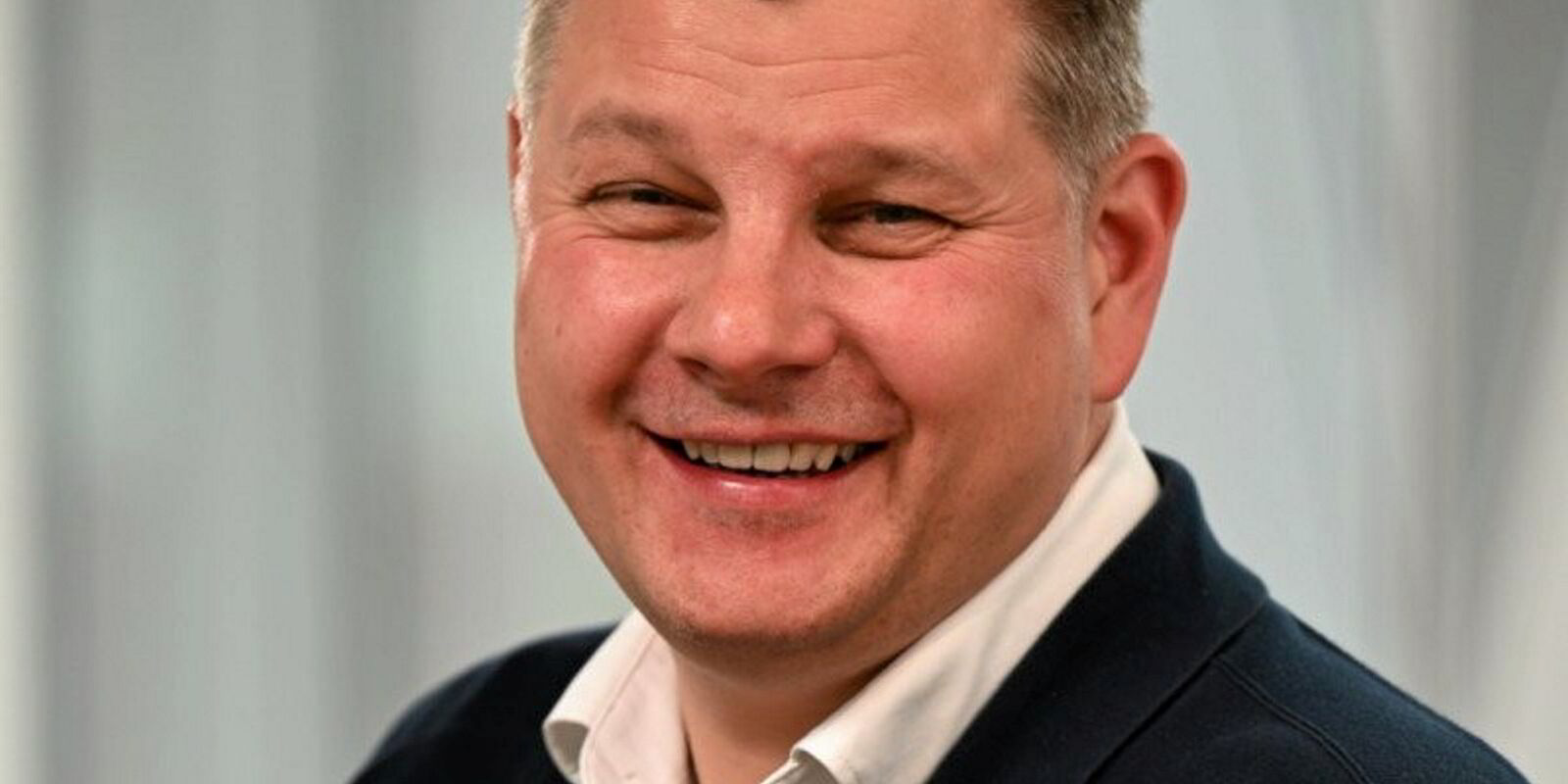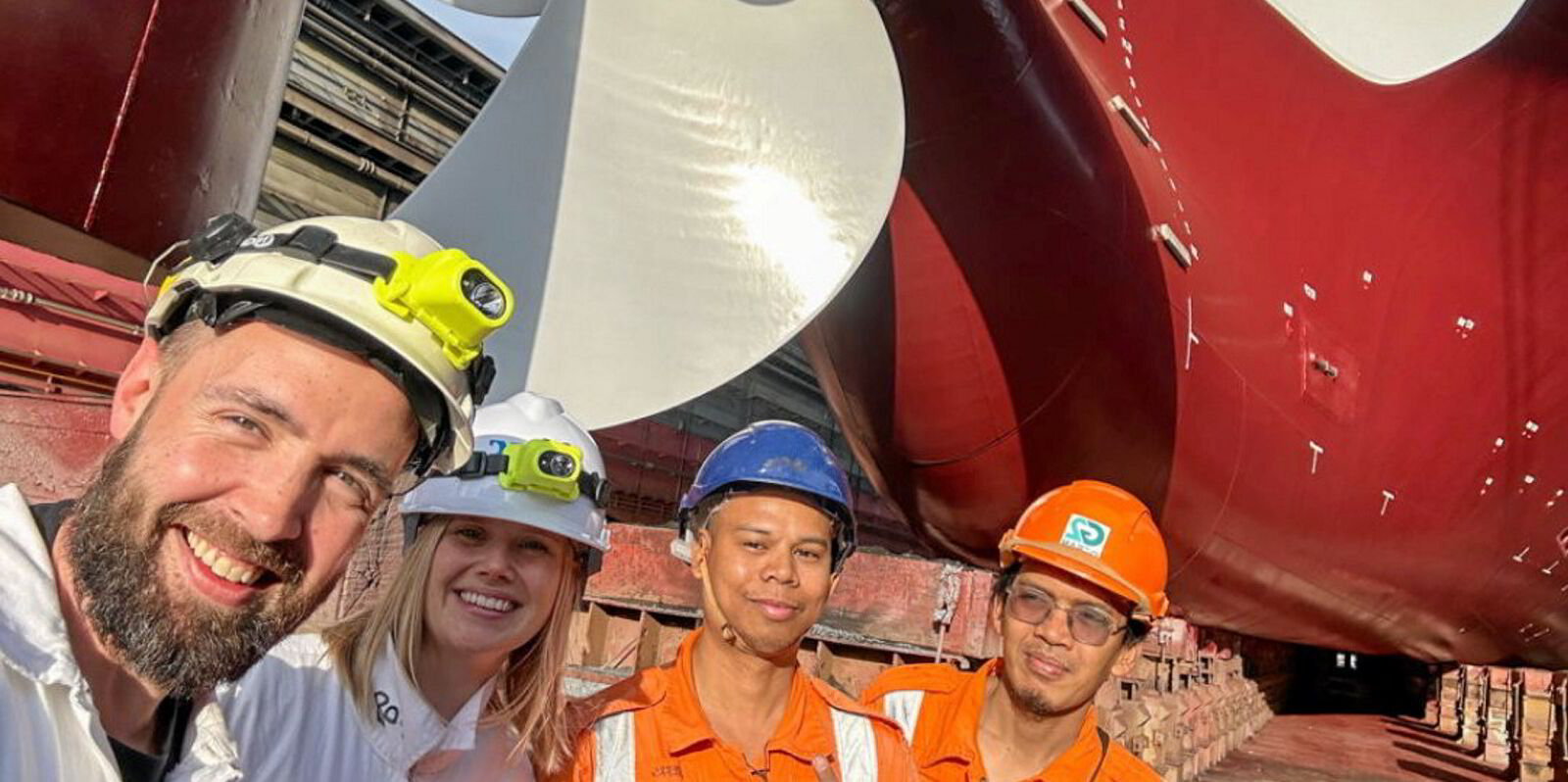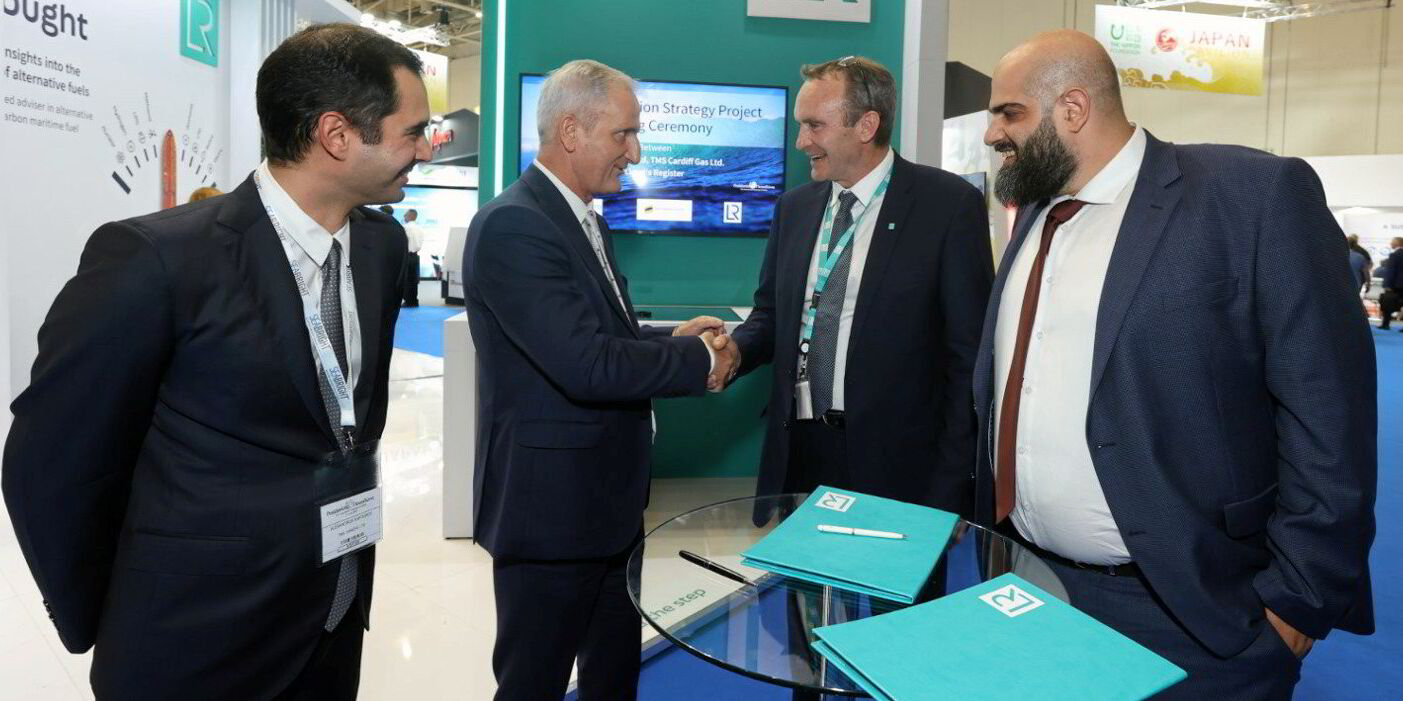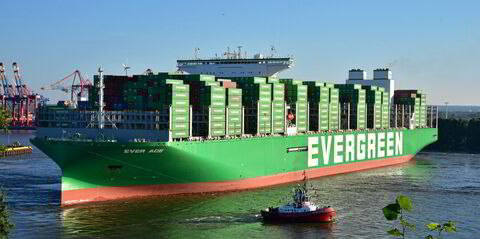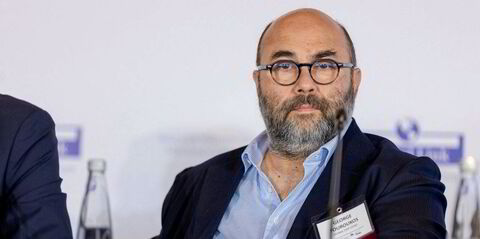Vitol’s head of shipping energy transition Ian Butler is making sure the trader and shipowner is at the heart of the sector’s decarbonisation efforts.
Butler’s role was created 18 months ago as the group looked to cut its Scope 3 emissions.
The company’s former crude chartering manager, and an ex-Clarksons broker, said: “For a company like Vitol, we are a midstream company. Therefore, shipping represents our largest Scope 3 emissions contributor, so our stakeholders are watching how we perform in this area.”
“The creation of my role, as head of transition for shipping, shows that we are embracing change and being vocal about it,” he added.
Butler explained that the International Maritime Organisation wants to move away from heavy fuel oils to biogenic materials, such as bio-LNG, green methanol or biomethanol.
There are also ongoing discussions around green ammonia, which he sees as trickier due to its toxicity.
“The industry needs to embrace alternative fuels. And Vitol needs to be part of that conversation as the biggest charterer of vessels in the world as well, as a big ship owner. We need to be prepared,” he said.
Vitol has said it is on track to meet the IMO’s emissions 2030 40% emissions-reduction target six years early.
But more work is needed on the harder-to-abate LPG carriers and bitumen tankers, the group has admitted.
“We are in a really strong starting position with a modern fleet to exceed the trajectory set by the IMO. We did a full cost analysis of all the technology available and what would be the quickest and most cost-effective way to meet these targets,” Butler added.
Energy-saving devices
Vitol has been fitting propeller boss fin caps and Mewis ducts to improve the fluid dynamics around propellers, as well as upgrading ship software.
And advanced anti-foul paint has been used to increase vessel efficiency.
“All of these are small incremental gains which we can build up to achieve 5% to 10% efficiencies on our vessels,” the executive said.
“The IMO is trying to find consensus amongst 170 nation state flags whose priorities are their own geopolitical policies rather than pursuing the 2015 Paris Agreement targets – which the shipping industry is going to be challenged to meet,” he continued.
“Some member states are frustrated with a perceived lack of progress on decarbonisation targets, with the EU stepping out and deploying their own separate taxation measures,” Butler added.
“Having said that, some of the measures the IMO have brought in have been very positively received such as reducing sulphur content in fuels and helping to protect marine life through ballast water treatment,” he concluded.
The charterer and shipowner’s 2023 sustainability report revealed shipping operations have cut their carbon intensity by 38.7% against the IMO’s 2008 baseline.
This is down from 38.8% in 2022, but better than the 36% achieved in 2021.
Vitol explained the slight dip last year was due to dry-dockings, as several vessels could not be used as much for transport.
Vitol has a fleet of more than 55 owned vessels backed by a number of chartered-in ships.
The trader undertook 6,000-plus voyages in 2023, moving hundreds of millions of tonnes of energy products around the world.
